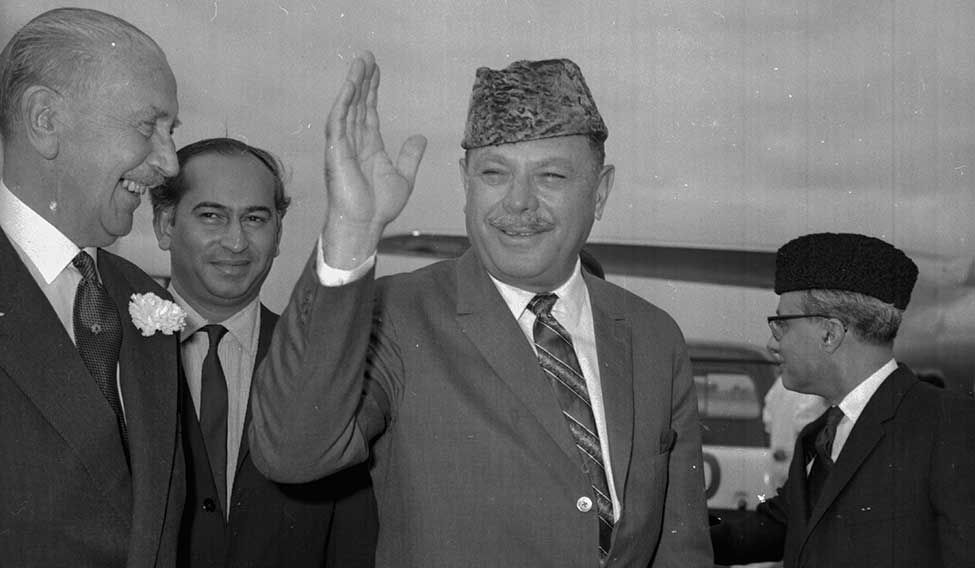AFTERMATH
The history of war is as old as the humans themselves. The forms of war, its techniques, strategies and artifices, however, have changed with the course of time. The wars in the olden times concluded with the victor occupying the lands of the vanquished and making its people slaves. Such occurrence has become highly improbable, if not impossible, in the modern times in the wake of international laws pertaining to wars, and in the presence of global institutions.
Today, the narratives about wars have assumed more significance than the war itself. The parties to the conflict have their own versions of the motives, the trigger, the ground situation and the outcome. Such narratives linger on even when the enmity is over. Hence, the narrative formed later to support a version of conflict does not help in resolving the conflict itself.
Looking at the past 50 years, since the war of 1965, there arise many aspects relating to the war of narratives such as: was it the first war that the two countries fought?; was it initiated by Operation Gibraltar?; was Operation Gibraltar a reaction to India’s occupation of Kargil peaks?; who actually had a stronger hold during the war and could be termed as victor?; what was the role of the international powers and how did the war affect the future relations of the two countries and the regional situation?
A number of politicians, army generals, journalists and intellectuals have contributed their versions of the event. For a common Pakistani, however, the 1965 war was the first direct attack on the country’s solidarity. Despite the adversary being a much larger entity, Pakistan managed to push it back.
War in any form yields destruction, but the stories of bravery and sacrifices by soldiers, the national spirit during the war, unanimity and harmony among divergent political forces as well as accord and unity at the state level, and the spirited contribution by writers, poets and artists on the performance of the national armed forces reflected the emotional state of the nation during and after the war. These are some of the memories that the Pakistanis feel proud of. The common perception in the country is that the war was not lost on the ground, but at the negotiation table in Tashkent.
In the same backdrop, and also as its consequence, the role of the army became important in Pakistan’s national politics. The Tashkent Declaration was the basis on which Zulfiqar Ali Bhutto founded his campaign against president Ayub Khan and used the emotions of the nation in his favour.
The 1965 war is also significant in the context of the Pakistan-US relations. The widespread perception that Washington would not only support but help it proved wrong. After the war, Khan wrote the book Friends, Not Masters in which he expressed his disappointment. On the other hand, the war strengthened the ties between Pakistan and China.
The 1965 war was not the first time that Pakistan and India were face to face on the battlefront. They confronted each other over the Kashmir issue immediately after independence. The bilateral trade relations and movement across the border, however, continued with intermittent breaks.
The dispute exists even today and threatens peace. Nevertheless, while the possibility of a direct and full-fledged war between the two countries has almost diminished thanks to their nuclear potentials, the prospect of finding sustainable peace is also unlikely. It is obvious that Kashmir is at the forefront of this chequered relations. How can we expect normalcy if the Kashmir issue remains unresolved?
Rehman is director of Institute of Policy Studies in Islamabad.





